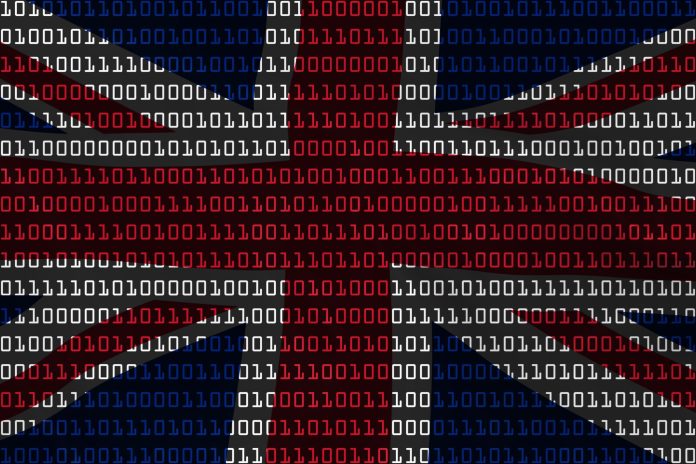In March, Ofcom unveiled plans to award spectrum in the 26GHz and 40GHz bands for 5G and other mobile technologies
U.K. telecom regulator Ofcom confirmed plans to award millimeter wave (mmWave) spectrum but announced it will not hold an auction until a decision has been made by the country’s competition authorities on a proposed merger between local carriers Vodafone and Three UK.
Ofcom noted it decided to delay the timelines that it had outlined in March to hold the auction for city licenses in the 26 GHz and 40 GHz bands for 5G and other mobile technologies in the first quarter of next year.
With the proposed merger between Vodafone and Three UK announced in June, the regulator said it does not expect a decision from the Competition and Markets Authority (CMA) until September 2024.
“To avoid the risk of an inefficient allocation of spectrum, we have decided to delay commencing the auction process. Therefore, we will not commence the auction process until the CMA has taken its decision on the proposed merger. We therefore do not expect the award process to begin before Q3 FY 2024/25,” Ofcom said
When a decision on the merger is reached, Ofcom said it will go ahead with a plan to auction six gigahertz of frequencies in the two bands, awarding licenses for 15-year terms.
Ofcom had previously said that the new spectrum will allow mobile operators to boost mobile services in locations and venues with a lot of mobile users, such as train stations, football stadiums and concerts.
“In the 68 major towns and cities, in which we expects the highest volume of mmWave deployment, we will both: assign local licenses on a first come, first served basis, using our Shared Access licensing framework and award citywide licenses by auction,” Ofcom said.
“Elsewhere in the U.K., we expect deployments to be sparser, and so we will assign local licenses on a first come, first served basis, using our Shared Access licensing framework,” Ofcom added.
Ofcom said it intends to publish later this year a statement and further consultation setting out its decisions and further proposals on the design of the auction and a draft of the auction regulations.
In May 2021, the U.K. completed its most recent 5G spectrum auction, raising a total of £ 1.35 billion (currently $1.65 billion).
In this process, mobile operator EE secured 2×10 megahertz of paired frequency spectrum in the 700 MHz band at a cost of £280 million; 20 megahertz of supplementary downlink spectrum in the 700 MHz band at a cost of £4 million; and 40 megahertz in the 3.6-3.8 GHz band at a cost of £168 million.
Three UK paid £280 million for 2×10 megahertz of paired frequency spectrum in the 700 MHz band, while O2 secured 2×10 megahertz of paired frequency spectrum in the 700 MHz band at a cost of £280 million; and 40 megahertz in the 3.6-3.8 GHz band at a cost of £168 million.
Meanwhile, Vodafone paid £176.4 million for 40 megahertz in the 3.6-3.8 GHz band.
In 2019, U.K. telcos also obtained spectrum for the provision of 5G services. These frequencies enabled the operators to launch 5G services in 2019, making the U.K. one of the most developed markets in Europe in terms of 5G deployments.

